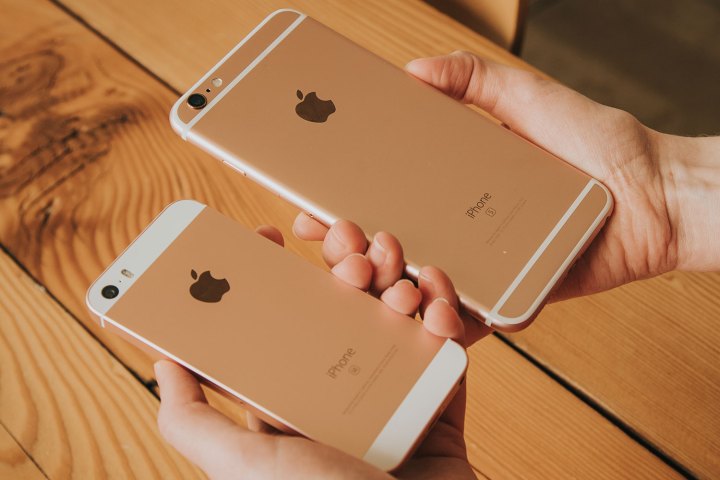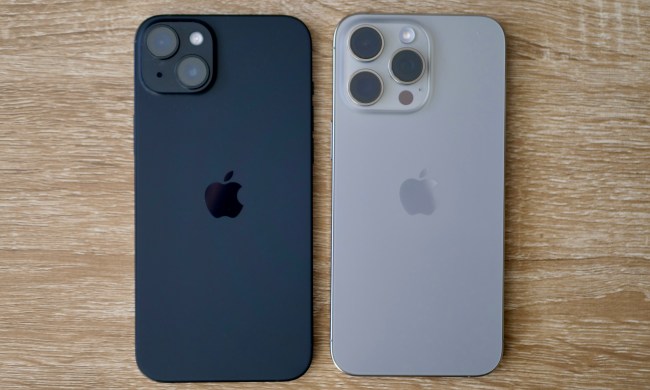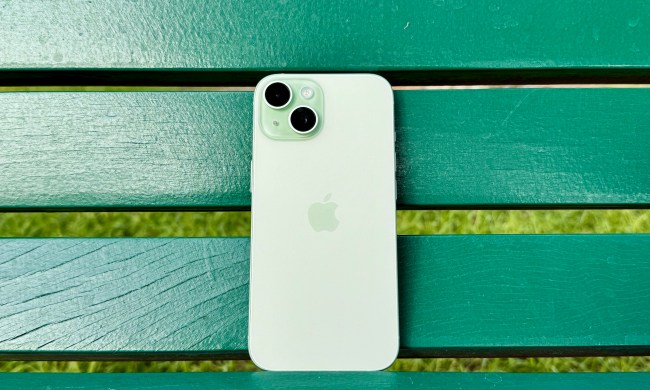
FBI Director James Comey says the government purchased this tool from a third-party, according to CNN, and the firm in question is highly suspected to be an Israeli company, Cellebrite.
“Litigation between the government and Apple over the San Bernardino phone has ended, because the government has purchased, from a private party, a way to get into that phone, 5C, running iOS 9,” the director said.
The FBI abruptly requested an end to legal proceedings a day before a hearing was scheduled for the monthlong battle between Apple and U.S. Department of Justice. Apple was facing a court order demanding it to provide a backdoor into the shooter’s iPhone, but the company rejected it, fearing for its customer’s security and privacy. The Cupertino company also thinks the special code could get into the wrong hands and threaten the security of all iPhones.
“The people we bought this from, I know a fair amount about them,” Comey said. “And I have a high degree of confidence that they are very good at protecting it, and their motivations align with ours.”
If Cellebrite is indeed the third-party security firm, the government likely purchased a UFED Touch, a tool that can extract data out of mobile phones. But Comey confirmed this “tool” only worked on a “narrow slice of phones,” and did not work on the iPhone 5S, and Apple’s latest devices.
Apple Offer: See which iPhone is the right fit for you
The FBI has been tight-lipped about the method it used to hack the shooter’s iPhone 5C. Apple wants to know the method, and may try to find out through legal discovery in a similar, but unrelated New York case.
The bureau is promising to use the method to unlock iPhones across the country that are locked in criminal investigations, but hasn’t unlocked any phones since using the tool on the San Bernardino iPhone. The FBI has reportedly only disclosed the technique to two senators behind an encryption bill. The bill, which is still in the works, would force companies to comply with court orders demanding access into their services and devices.
“We tell Apple, then they’re going to fix it, then we’re back where we started from,” Comey said. “We may end up there, we just haven’t decided yet.”
The Obama administration has said it will most likely not support any anti-encryption legislation.


